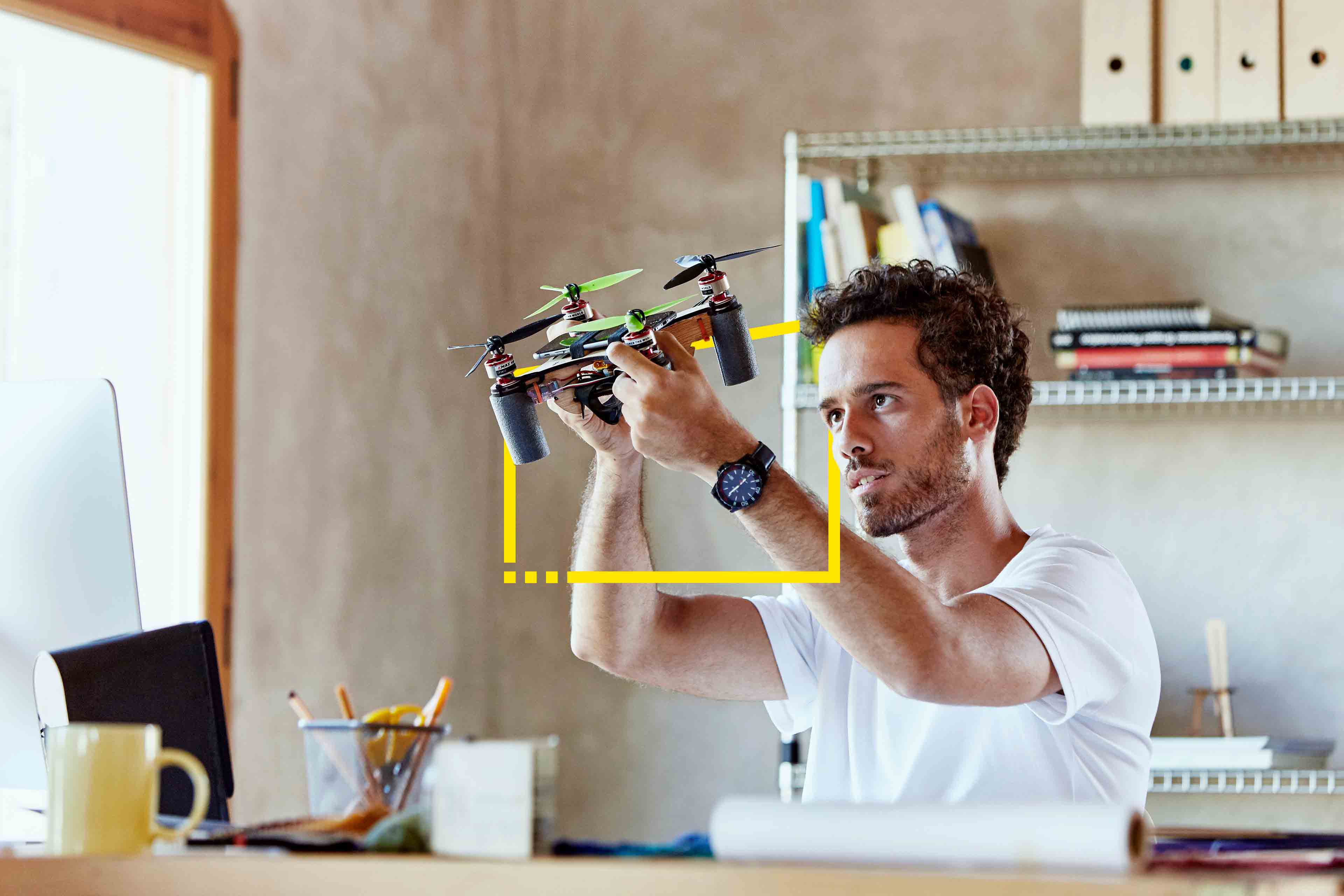EY refers to the global organization, and may refer to one or more, of the member firms of Ernst & Young Global Limited, each of which is a separate legal entity. Ernst & Young Global Limited, a UK company limited by guarantee, does not provide services to clients.
Related article
What can the EU show the world about creating long-term value?
The European Union (EU) has a strong track record when it comes to creating long-term value for its citizens
Reduce, reuse, recycle
The European businesses that will generate the most value from operating sustainably in future are those that redesign their business models firmly around the principle of ‘reduce, reuse, recycle’. They can do this by moving from primarily manufacturing-based business models to ‘as a service’ business models. An obvious example here is the ‘car as a service’ model, when consumers pay a monthly subscription to access a vehicle rather than purchase their own car outright. Other examples include ‘clothing as a service’, ‘heat as a service’ and ‘lighting as a service’.
Embracing the “as a service” model
Aside from their environmental benefits of reducing waste and energy consumption, ‘as a service’ models are beneficial for both businesses and consumers. Whereas products are fleeting – people buy them, consume them and may purchase them from a competitor next time – services are enduring. By offering a service, businesses can personalize what they offer and therefore better engage and retain their customers.
If the EU is to redefine the whole concept of sustainable growth and help transform how the rest of the world does business, it needs to encourage European businesses to be disruptive. That means supporting them to invest in the kind of radical technological innovations that will completely overturn the business and consumer practices that are commonplace today. Fostering development of digital tools and technology must be a spearhead of EU policy for the circular economy and disruptive innovation. It is through high-tech, green solutions that European businesses will be able to expand into new markets and to gain and retain market share in today’s ultra-competitive world.





